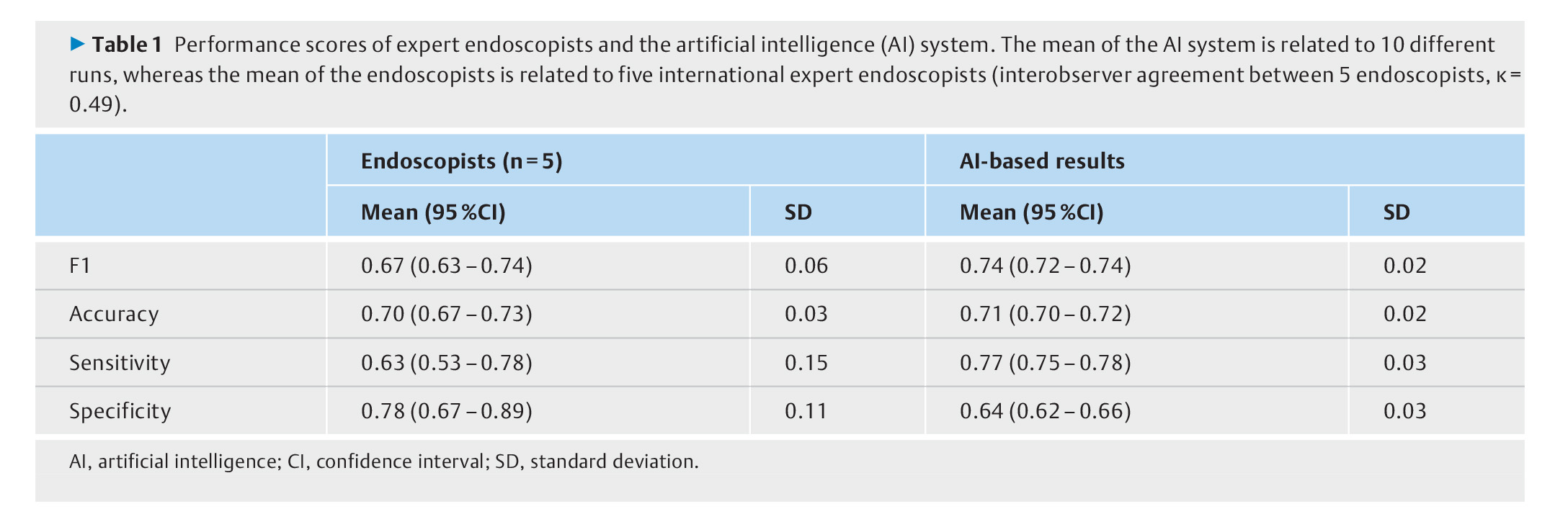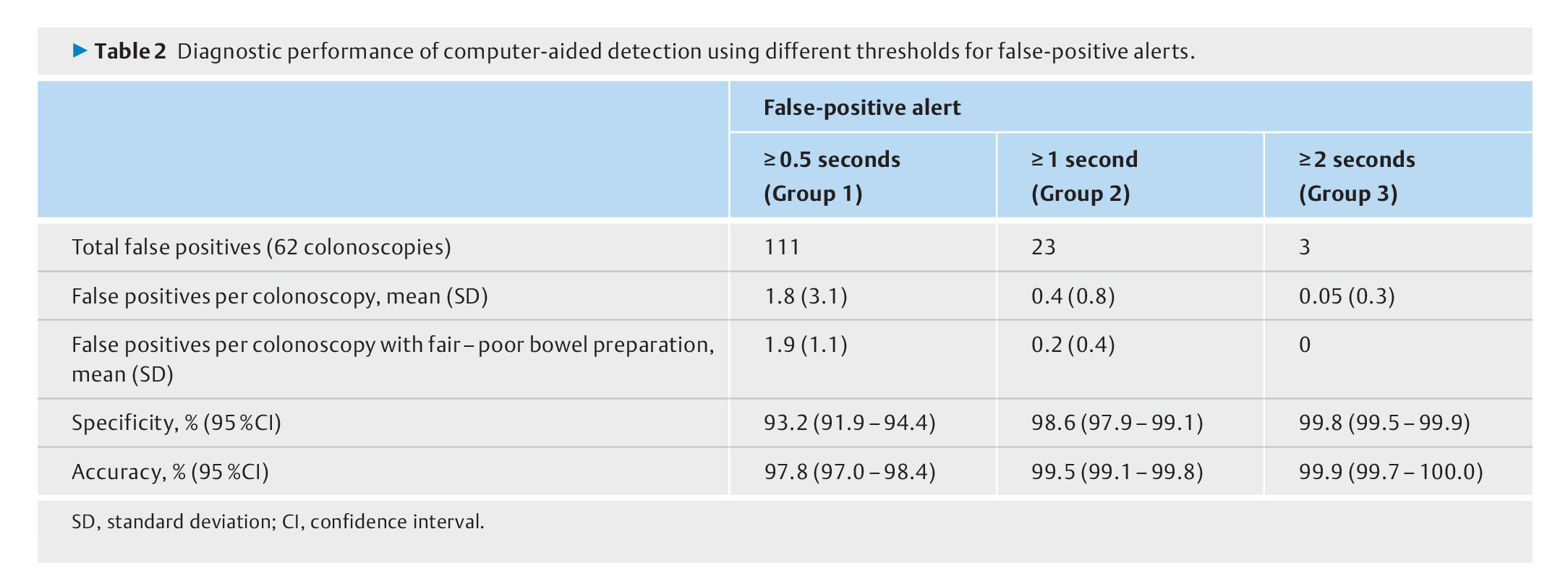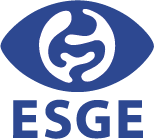
我们9月份的两篇免费阅读论文显示了人工智能(AI)在内镜检查中非常不同的两方面:首先是潜在的直接临床效用,其次是需要完善的如何评价AI。
预测Barrett相关癌症的粘膜下浸润具有相当大的临床意义。Ebigbo等人开发的深度学习AI系统与5名国际公认的专家同样区分了T1a和T1b病变。尽管如此,这项初步研究表明,正确预测粘膜下浸润仍然是专家和AI面临的挑战。
Holzwanger等人证明了在测量结直肠息肉计算机辅助检测(CADe)的性能时需要共识定义。使用不同的持续时间(≥0.5 s、≥1 s、≥2 s)将不正确警报定义为假阳性,显著影响了诊断性能的计算值。
我们的第三篇免费阅读论文更新了2016年英国胃肠病学会(BSG)和ESGE关于接受抗血栓治疗患者内镜检查的指南,考虑到在特定情况下血栓形成和出血之间风险的关键平衡。
Ebigbo Alanna et al.

The accurate differentiation between T1a and T1b Barrett’s-related cancer has both therapeutic and prognostic implications but is challenging even for experienced physicians. We trained an artificial intelligence (AI) system on the basis of deep artificial neural networks (deep learning) to differentiate between T1a and T1b Barrett’s cancer on white-light images.
Holzwanger Erik A et al.

The occurrence of false-positive alerts is an important outcome measure in computer-aided colon polyp detection (CADe) studies. However, there is no consensus definition of a false positive in clinical trials evaluating CADe in colonoscopy. We aimed to study the diagnostic performance of CADe based on different threshold definitions for false-positive alerts.
Veitch Andrew M et al.

This article is published simultaneously in the journals Endoscopy and Gut. © 2021. European Society of Gastrointestinal Endoscopy, British Society of Gastroenterology, the Author(s) or their employer(s). This article is published by Thieme.
阅读本刊更多论文,请点击这里
